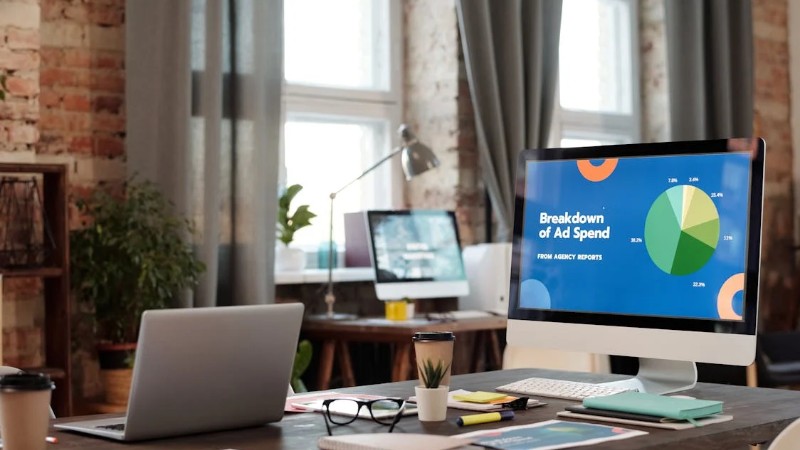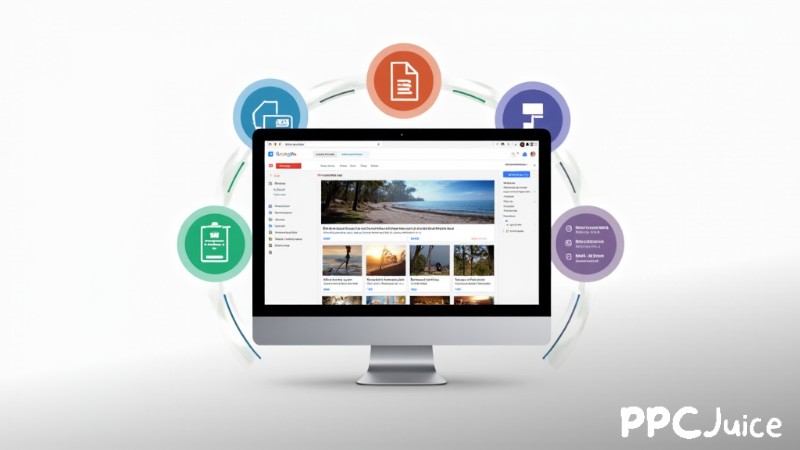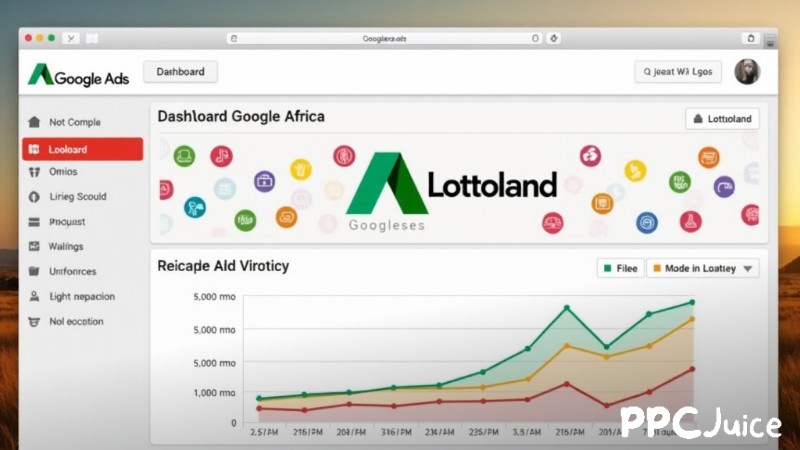
In 2025, automation is no longer just a supporting act—it has become the architect of precision, efficiency, and personalization. Machine-driven strategies are rewriting the rules, pushing businesses to navigate an ecosystem where real-time data and predictive insights dictate success.
As search engines and social platforms refine their AI-powered models, PPC is evolving beyond simple automation into a realm of intelligent, self-optimizing campaigns that demand a new level of strategic adaptation.
Key Takeaways
In 2025, artificial intelligence is revolutionising PPC marketing through precision, efficiency and personalisation.
- AI predicts user intent accurately, optimising ad placements in real-time.
- Creative optimization with AI generates tailored ad variations for different audience segments.
- The role of human marketers remains crucial alongside AI to ensure ethical and compelling campaigns.
AI-driven precision in PPC campaigns
Gone are the days when PPC managers relied solely on historical data and manual adjustments to optimise campaigns. AI can now predict user intent with remarkable accuracy, ensuring that adverts reach the right audience at the right time. Google’s Performance Max campaigns and Meta’s Advantage+ leverage deep learning to automate bidding, creative selection, and audience targeting. This level of automation allows businesses to achieve higher conversions whilst minimising ad spend waste.
One of the biggest shifts in PPC is the increasing reliance on AI-powered bid strategies. Instead of setting bids based on fixed parameters, AI continuously adjusts bids in real-time, factoring in device type, location, search behaviour, and even external factors like weather conditions. The result is a more dynamic and adaptive bidding system that outperforms traditional methods.
Moreover, AI-driven creative optimisation is changing how advertisers approach ad copy and visuals. With natural language processing (NLP) and computer vision, AI can generate ad variations tailored to different audience segments. This means that rather than A/B testing a handful of creatives, marketers can deploy hundreds of variations simultaneously, ensuring that each user sees the most relevant message.
The evolution of keyword strategy
Search intent is evolving, and AI is at the forefront of redefining keyword strategies in 2025. With search engines prioritizing conversational queries and long-tail keywords, traditional keyword research methods are no longer sufficient. AI-powered platforms analyze vast amounts of search data to identify emerging trends, helping advertisers stay ahead of shifting consumer behavior.
Voice search and AI-driven chatbots have also influenced keyword targeting. As more users rely on virtual assistants to find information, PPC strategies now focus on optimizing for natural language queries rather than rigid keyword matching. This shift has made AI’s role in PPC more critical than ever, as it can analyze and predict how people phrase their searches and dynamically adjust campaigns accordingly.
Another major change is the decline of manual keyword bidding in favor of AI-driven semantic analysis. Google and Bing’s algorithms now understand context more effectively, allowing PPC campaigns to prioritize relevance over exact keyword matching. This means that advertisers must rethink their approach, focusing on broader themes and intent-driven targeting rather than relying on exact-match keywords.
The combined powers of AI and human creativity
AI-powered predictive analytics help brands anticipate customer needs before they even express them. By analysing past behaviour and purchase patterns, AI can determine which users are most likely to convert and serve them with highly relevant ads. This predictive capability is particularly valuable for retargeting campaigns, where AI identifies the ideal moment to re-engage potential customers without appearing intrusive.
Additionally, AI facilitates cross-channel PPC strategies by seamlessly integrating data from multiple platforms. Whether a user interacts with a brand through Google Ads, social media, or email marketing, AI unifies these touchpoints to deliver a consistent and personalized experience.
While AI continues to dominate PPC automation, the role of human marketers remains crucial. AI excels at processing vast amounts of data, detecting patterns, and making real-time adjustments, but human intuition is still needed to craft compelling narratives, oversee brand messaging, and set strategic goals.
The most successful PPC campaigns in 2025 are those that combine AI-driven automation with human creativity and ethical oversight. Marketers must ensure that AI-generated content aligns with brand values and does not inadvertently produce misleading or insensitive messaging.
As AI takes centre stage in PPC automation, businesses that embrace its capabilities will gain a competitive edge. However, the key to success lies in balancing automation with human expertise—ensuring that AI enhances, rather than replaces, the art of digital advertising.

